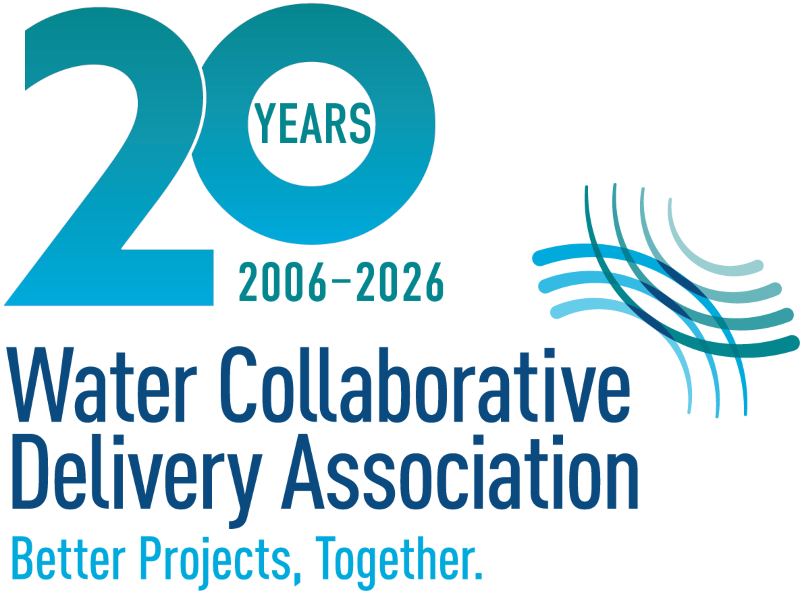Collaborative delivery methods are revolutionizing project management, offering streamlined processes and fostering unparalleled collaboration to manage project risk. But how can owners manage procurement risk effectively? One of the most effective strategies to mitigate this risk is to issue a draft form of contract early in the procurement process, ideally with the request for qualifications (RFQ) or request for proposals (RFP). Doing so provides multiple benefits and can help avoid major pitfalls later in the procurement.
Minimizing Surprises and Enhancing Transparency
By sharing the draft design-build contract up front, owners create an opportunity for prospective proposers to review and provide feedback on terms and conditions that could impact their ability or willingness to sign a contract. For instance, in a recent project, sharing the draft design-build contract up front allowed the owner and prospective design-builders to identify and address potential deal-breakers early on, ensuring smoother negotiations and a more successful outcome. This is especially important for more controversial clauses—like “no limitation of liability” provisions—which can become deal-breakers. Some clauses may appear low risk from an owner’s perspective, but from the viewpoint of a design-builder or its insurers, they may introduce significant financial exposure which can impact go/no-go decisions for the design-builder.
Issuing the draft early allows collaborative delivery teams to flag problematic terms before they’ve invested significant time and resources in proposal development. This feedback loop also allows owners to understand how their risk allocation strategy is perceived and potentially refine it to better align with industry norms or project-specific realities. In doing so, the owner increases the chances of reaching agreement within the procurement phase and avoiding recompeting.
Getting Genuine Feedback
One consideration when soliciting feedback on draft contracts is to avoid evaluating or scoring comments received. If collaborative delivery teams believe that their candid feedback on risk allocation or contract language could be used against them during proposal evaluations, they are far less likely to be transparent. Some may choose to stay silent on problematic provisions only to surprise an owner during negotiations, while others may avoid proposing altogether.
To get honest feedback, owners should clearly state in the RFQ or RFP how feedback will be used and whether it will influence scoring. When feedback on the draft contract is to be used for informational purposes only, and will not influence scoring, owners are more likely to ensure that the feedback reflects the honest concerns of industry participants.
Additionally, owners often organize confidential one-on-one meetings with each proposer to (1) allow proposers to verbalize the issues and severity of their concerns, (2) discuss contractual intent for mutual understanding, (3) identify commercial roadblocks with third-party Surety or insurance providers, and (4) invite submittal of alternative language or revisions through the RFI process. In addition, this approach provides an owner the opportunity to assess potential contract revisions based on the consistency and unanimity of proposers’ separate comments. In general, owners don’t need to offer substantive conclusions, feedback, or offers of revisions during this dialogue—it is a matter of understanding the key issues and then taking the comments “under advisement.”
Reducing Procurement Risk
One of the worst-case scenarios in a collaborative delivery procurement is reaching the end of the process—after months of effort from both the owner and proposers—only to find that no team is willing to sign the contract. This can happen when owners hold off on sharing their contract terms until too late in the process. If the final contract introduces unanticipated or nonnegotiable risks, teams may walk away even after being short-listed or selected.
By contrast, sharing a draft form of agreement up front reduces the risk of a failed procurement. Proposers can self-select out early if they’re uncomfortable with the terms, or they can raise concerns that the owner can address with a revised version of the contract. This transparency helps keep the proposers in the process with full awareness of the project’s commercial terms and obligations—making execution of the final agreement far more likely and often easier and shorter in negotiations.
A Better Experience for Everyone
Ultimately, issuing a draft contract early creates a more efficient and reliable procurement process. It demonstrates the owner’s commitment to a fair and transparent approach, encourages broader and more serious participation from the collaborative delivery community, and increases the likelihood of successful project delivery. In an industry where collaboration, trust, and clarity are essential, a little foresight in procurement planning can go a long way.

